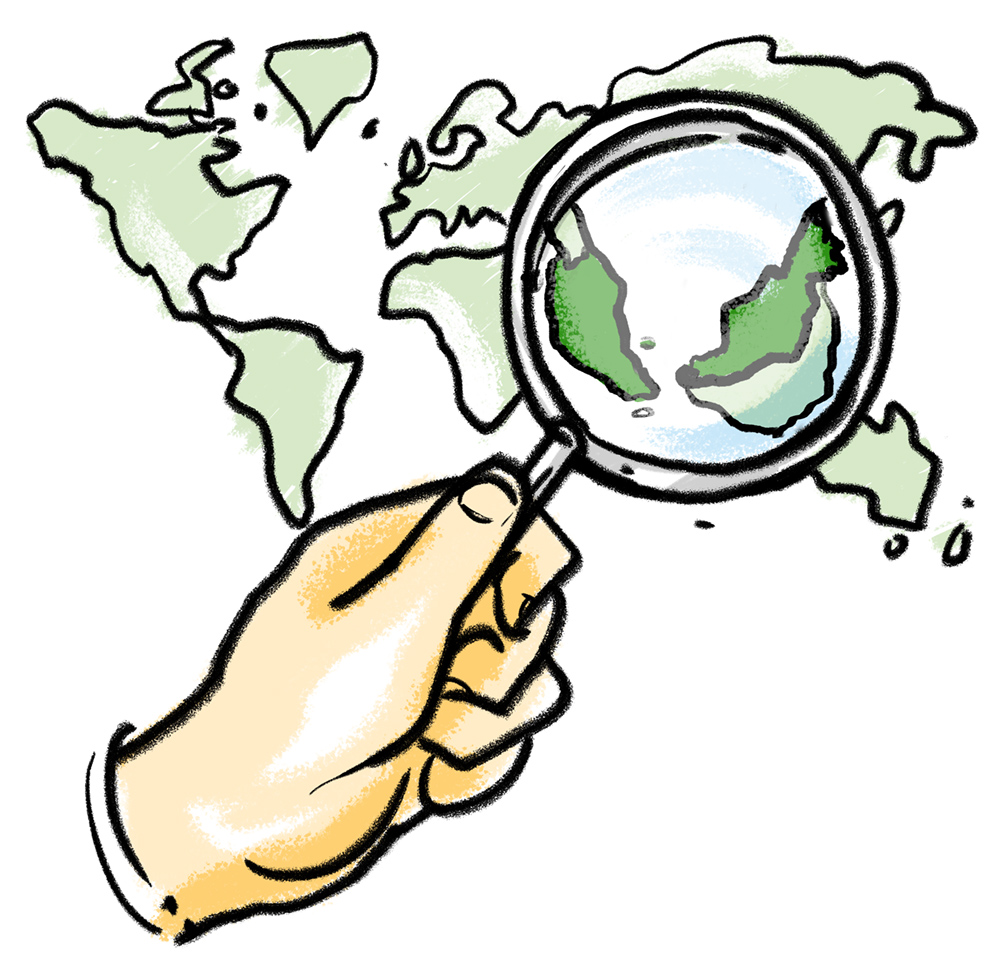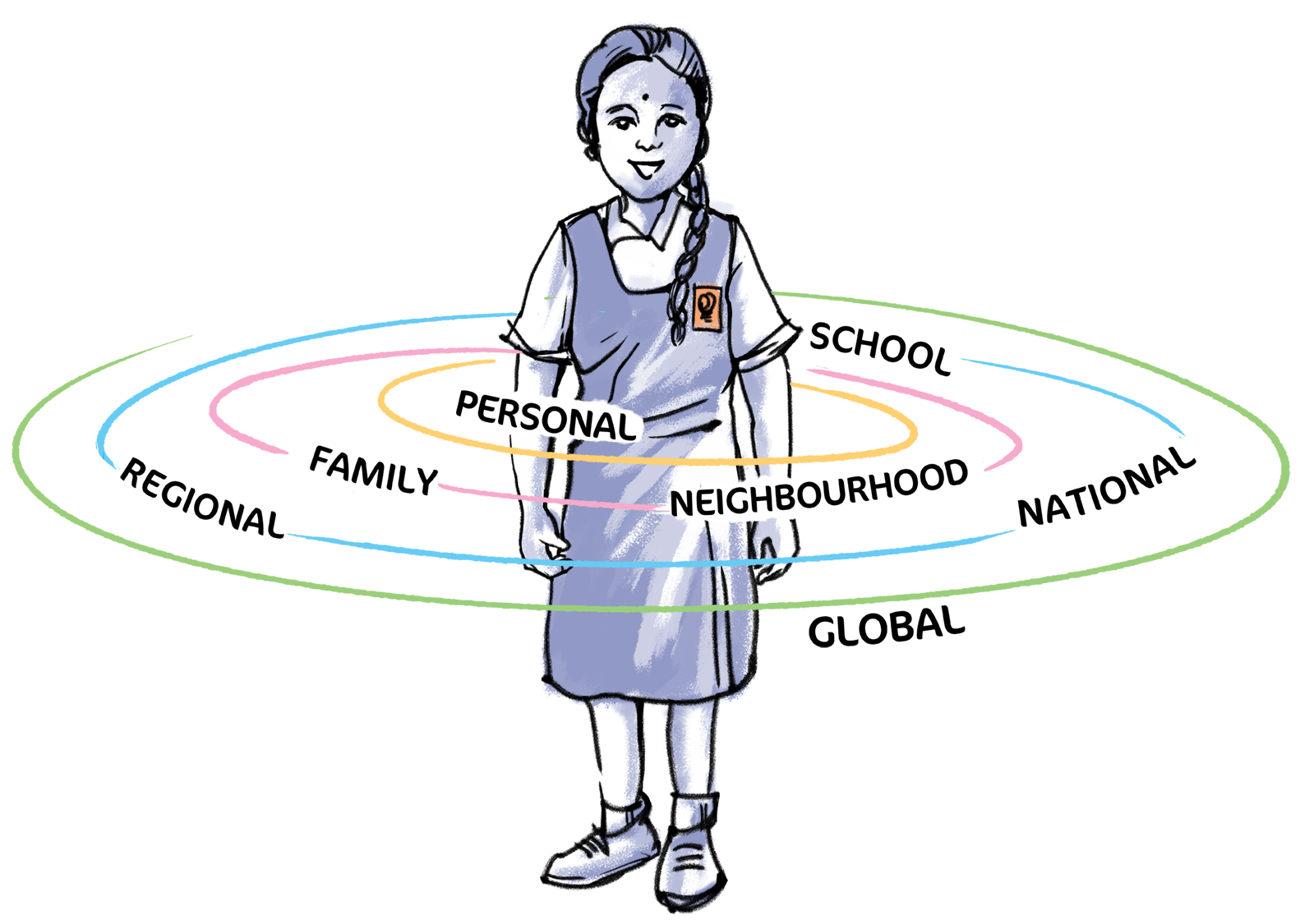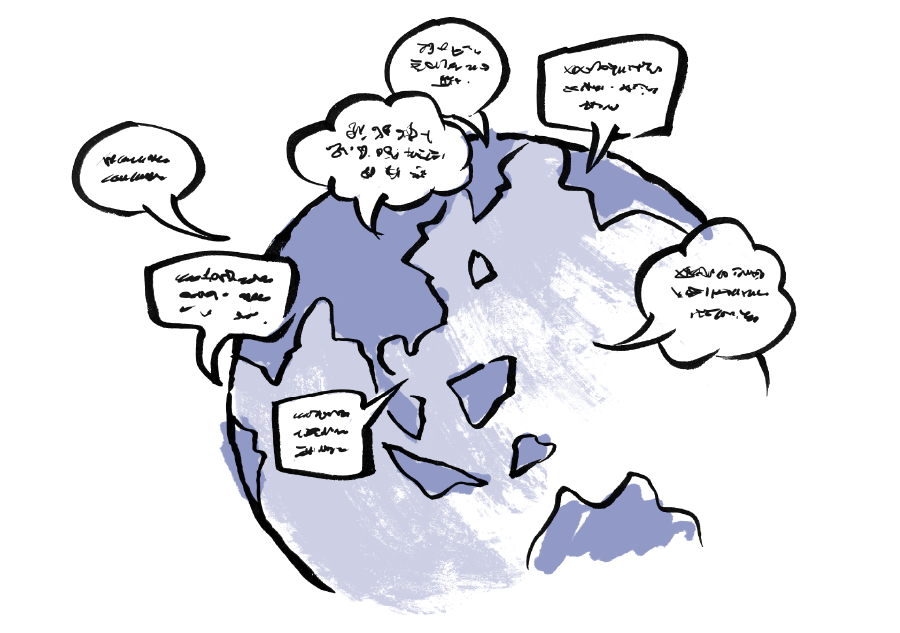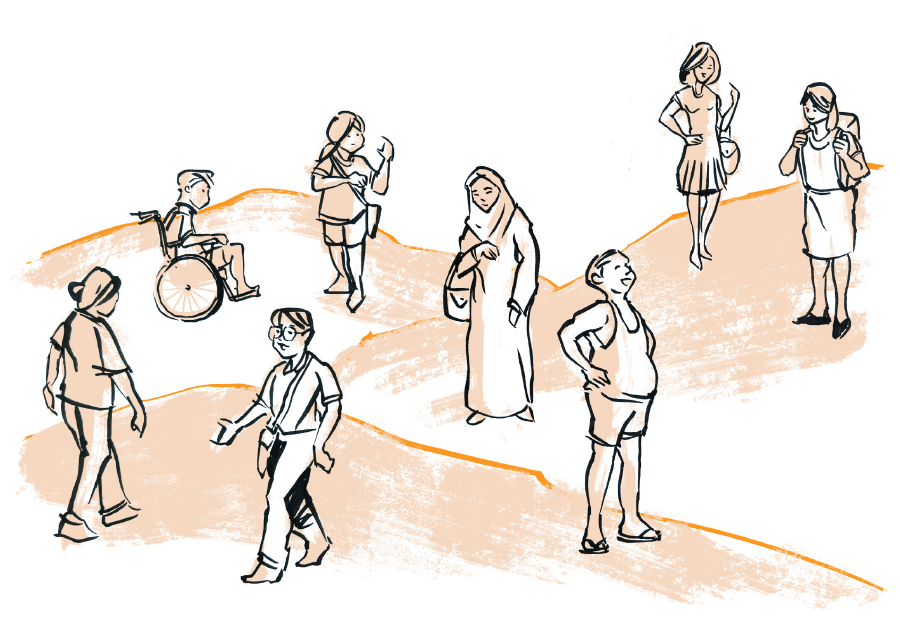Importance of CBL
In our interconnected world, local issues often have global implications. For example, throwing rubbish into rivers contributes to the pollution of our seas. Buying things produced by unethical businesses encourages them to continue to exploit their workers and keep them in unsafe and unfair working conditions.
Some other examples of interconnected local issues and global issues are:
Local Issue

Overuse of cars and other vehicles
Violent conflict
Unequal access to education
Illegal logging
Abuse of migrant workers





Global Issue

Air pollution
Forced migration/refugee crisis
Illiteracy and widening inequality
Loss of biodiversity
Violation of human rights
Our individual choices every day, though small, can have serious, negative consequences. At the same time it means that our actions, no matter how small, can have far-reaching, positive impact. Thus, CBL starts from the local level and cultivates in youths a sense of belonging and responsibility to their community, which then extends to a larger global community as they explore how the local and the global are intertwined.
What does it mean to be a responsible citizen?
Acting as a responsible citizen does not mean you have to change the world. Improving your own habits is also an impactful way of practising your social responsibilities. This is often enough to influence your peers,
family, neighbours, and perhaps beyond.
Take the issue of racism as an example. You can start by being more conscious of how certain stereotypes and prejudices influence how you interact with others. Then, maybe you organise an awareness campaign on racial discrimination in your school and on social media. From there, someone may share what they learned with their family, who may then take steps to prevent such incidents in their neighbourhood. Meanwhile, the wider public you reach on social media may go on to advocate against racism in their own circles, leading to national or even global policy or systemic changes.

From as small as our self, family, and school, to as big as the whole neighbourhood, country, or even the world, we are all interconnected in various ways. Actions you take in one level can cause changes in another, creating ripples of impact that shape our daily lives.
Themes and issues to teach responsible citizenship
To prepare youths to address local and global issues, you can design a CBL project around one or more of these themes:

1. Globalisation

Economic, social, cultural, and technological exchanges constantly take place across borders. How do global organisations, issues, and ideas affect local communities? In turn, how do local problems and initiatives influence the larger ecosystem?
Example topics/issues: Epidemic, exploitation by transnational corporations, unethical supply chains

2. Identity & Diversity

All over the world, different groups of people practise diverse ways of life that shape their identities: from norms, values, and beliefs to knowledge, skills, and the arts. How can we better understand, appreciate, and respect the similarities and differences among us?
Example topics/issues: Racial discrimination, freedom of religion, cultural festivals

3. Equality & Equity

Based on social identities such as nationality, sex, ethnicity, religion, and language, some individuals and groups receive unequal and unjust treatments. Whether it is being viewed with prejudice or discriminated against by policies and systems, what are the causes and effects of inequality and inequity in our societies and how can we tackle them?
Example topics/issues: Rights of persons with disabilities, access to education, fair wages

4. Sustainable development

As societies and communities grow and change in their own ways, various
environmental, economic, political, and social challenges compel us to rethink how we live and depend on each other and our environment. What does it mean to live sustainably as individuals, communities, and societies? How do we create the conditions for sustainable development?
Example topics/issues: Single-use plastic products, natural disasters made worse by human activities, illegal logging

5. Conflict & Peacebuilding

Local conflicts can take various forms such as poverty, land disputes, and ethnic tension. On a global scale, these conflicts can result in civil rights violations, war, and the refugee crisis. Their causes and effects are closely linked. How can we understand the interrelatedness between various conflicts? And how do we move towards resolving them?
Example topics/issues: Israel-Palestine conflict, Rohingya refugee crisis, violent extremism
